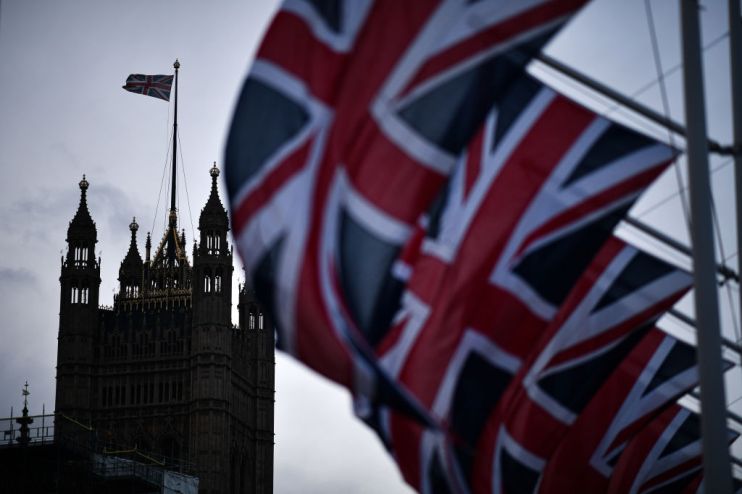Brexit to bring blow to UK Covid-19 recovery – KPMG

Brexit could hamper the UK’s economic recovery from the coronavirus, with the UK economy not expected to reach pre-Covid levels until late 2022, according to KPMG forecasts.
The manufacturing sectors hardest hit by Brexit, including textiles, chemicals and electrical manufacturing, could see output at the end of 2021 between 6% and 12% lower than in Q4 2019. KPMG said this is down to bottlenecks in supply chains, border frictions and falling investment, as well as the ongoing fallout of the Covid-19 pandemic.
Uncertainty and loss of access to the EU market for the UK’s financial services sector could lead to 10% lower output over the same period, while the UK economy as a whole is not expected to reach pre-Covid levels until the end of 2022.
KPMG’s analysis assumes that a slimmed-down Brexit deal is agreed by year-end, which excludes services, and a vaccine is ready to be rolled out early next year, which brings about the end of social distancing restrictions by late Spring.
While the numbers look more favourable for 2021 the UK is still in recovery mode, and so the growth projections appear stronger growing from a lower base.

KPMG UK chief economist Yael Selfin said: “The impact of Brexit will single the UK out among advanced economies next year. While the government will need to address the short-term needs of businesses as they cope with the transition to a new trading relationship, it is also important that it increases investment in the infrastructure and skills that will be needed in order to alleviate the longer-term impact Brexit will have on productivity and growth.”
Peak unemployment to come
Meanwhile the ongoing efforts to contain the second wave of the Covid-19 pandemic across the UK could cause a milder than expected 2% fall in GDP in the current quarter, leading to an 11.2% contraction in output for 2020.
However, KPMG said that while the extension of the Job Retention Scheme has likely forestalled a sharp increase in unemployment this year, mounting losses and business closures could push the unemployment rate to peak at 7.8% in May next year before gradually subsiding as the economy continues to recover.
Selfin continued: “While we can hopefully see the light at the end of the tunnel when it comes to the Covid-19 pandemic, there are further challenges ahead for the UK economy. Brexit and changes to working, communicating, and shopping habits reinforced by the pandemic will require all of us to adjust to new realities.”